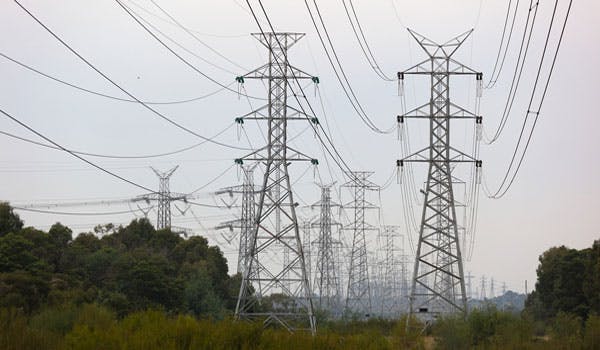The Carbon Pricing Mechanism has now been abolished, but for many businesses there remains questions around how they should respond to pre-existing obligations.
According to Tim Pittaway, principal, Risk Advisory Services, RSM Bird Cameron, businesses must fulfill their 2013-14 obligations, meaning that liable entities must still pay carbon tax and reporting under the National Greenhouse and Energy Reporting (NGER) scheme.
“Liable entities must still meet their registration, reporting (including reports from liability transfer certificate (LTC) holders), auditing and acquittal obligations for the 2013-14 financial year. All unregistered liable entities and controlling corporations reporting under the NGER Act must register for the 2013-14 reporting year by 31 August 2014,” Pittaway said.
“Further, any liable entity with an emissions number exceeding 125,000 must still arrange to have a pre-submission audit performed.
Notably for small business, the Jobs and Competitiveness Program (JCP) has been discontinued from 1 July 2014. In instances where a business received assistance for 2013-14 under the JCP, a report will be required to the Clean Energy Regulator (CER) as part of a true-up process.
Information around the Emissions Reduction Fund (ERF) remains thin on the ground. “Organisations which may benefit from the funding potentially available under the ERF should be reviewing their activities and identifying potential projects now to determine how best to take advantage,” Pittaway said.
“There may be significant planning and strategic decisions involved in determining the best position to take, project feasibility, registering projects and participating in the auction process. Examples of some projects that will be eligible under the ERF include capturing methane from waste water facilities and energy efficiency improvements in the commercial building sector.”
The Carbon Farming Initiative approach will also be expanded moving forward so that other parts of the economy can access the system. This will include areas like energy efficiency, waste coalmine gas, cleaning up power stations, the transport sector and large industrial facilities.

